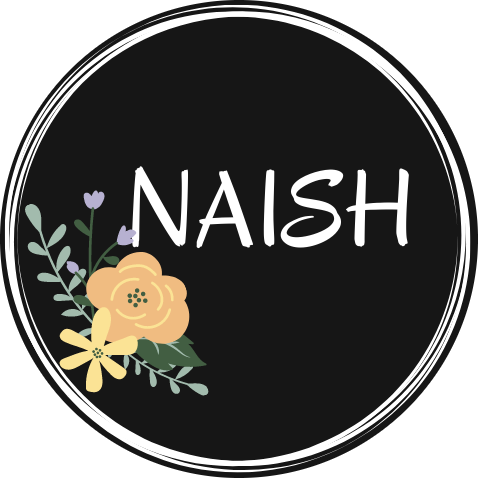Talk to text is something I occasionally use while driving as well as if I am going to tell a story to someone over text because it is faster and easier than trying to type it out on my phone. When I was trying to think about what I would talk about during my 5-minute story, and after looking at the article about the new Indigenous language app, I decided to utilize a prompt that we did in a talking circle at a staff meeting while learning about the Okanagan protocols of talking circles. The question was “who do you come from?” – The people, the places, the experiences where you came from. I utilized this to tell a little bit about my history. Below is my unedited, unscripted, 5-minute voice-to-text story:
Who do you come from?
I decided to follow the prompt of who do you come from? It is a promise that I have used in a indigenous talking Circle and it basically considers where you come from in regards to the land the people and your experiences. I grew up in kaleden BC which is in the Okanagan and I came from my parents Nicole and gored reham I have a sister named Brittany and over the years we have had various pets. I lived in this house until I was 11 where we moved to priddis Alberta which is outside of Calgary. I lived here while I went to Junior High grades 7 to 9 and then when I got to grade 10 we moved to Okotoks Alberta. Is also outside of Calgary. I played a lot of sports and because my bus ride from the country where we lived was an hour and a half each way it was one of the reasons we moved to Okotoks so that it was easier on my parents when they needed to pick me up from my sports and I didn’t have to spend three hours a day on the bus on a day where I didn’t have any sports. After I graduated I went to University of Victoria and I completed my Bachelors of Science in biology and psychology. I lived in Victoria for the four years during and stayed for an extra year after. I really enjoyed being back in BC and wanted to go back to where I came from as that is where most of my family is currently. I moved back to Kelowna and completed my Bachelor’s of Education ubco and after I finish the program I came back to Penticton. My parents and my sister have all come back to contact in as well from Alberta. And now I live here with my husband Graham and my daughter Remy. I work at a middle school just down the road, however this year I am on maternity leave and am home with my daughter.
When I compare my text above to something I may have typed, it deviates mostly with the grammar and spelling. There is no grammar unless you say it – “period” “comma” etc. I made sure as much as possible while I was telling my story to include grammar, but it was also hard to remember to include grammar as I was thinking of what to say. Spelling isn’t something you can adjust on the fly, you would have to edit it after the fact. I used the website Speechnotes to record my story and tried not to look at what it was recording as I was saying it, otherwise, my perfectionism would’ve kicked in when I saw it misspelling or misrecording what I was trying to say. Typically I find the main spelling errors are locations or personal details, such as names. On my phone I have more trouble with locations such as Kelowna will be spelled as Kelona, however, this website did a pretty good job of spelling the places correctly (minus some capitals). The website still struggled with names however, my husband’s name typically comes up as “Graham” instead of the proper spelling Graeme, my sister “Brittany” should’ve been Brittney and my Dad’s name “gored reham” should have been Gord Reum. I think of my Mother-in-law who frequently utilizes this tool because she can’t see the text on her phone without her glasses. This means she doesn’t proofread before she sends her messages and often there is straight-up gibberish. In some cases where I may not have annunciated, it resulted in broken English or total mistakes such as “contact in” was Penticton.
If I had scripted the story I think there would be more flow and less “thinking” while I was speaking. I was surprised that I didn’t have fillers such as “um or like” which can typically happen when you’re trying to think as you speak. It would also take me much less time to read my story if it was prewritten as opposed to trying to think of what I wanted to say as I spoke. I could have edited it in advance to make sure I included all the details I wanted to because when you are speaking you can’t go back and add a detail to the beginning for example.
Sometimes when I write, am brainstorming or just trying to get my thoughts out I will also utilize this feature, so I can quickly get what’s in my head onto paper and later go in to edit it. It is a useful tool for students who struggle with written language, a way to get their thoughts down without having to worry about the actual writing or even typing.
Oral storytelling is very different from written storytelling. If you have ever heard a story from a great storyteller you’d agree. A good story is told in a way that draws you in and engages you, the tone and tempo varies in order to set the scene or elicit emotion. Although descriptive writing can do similar things, it doesn’t compare to an oral story.
